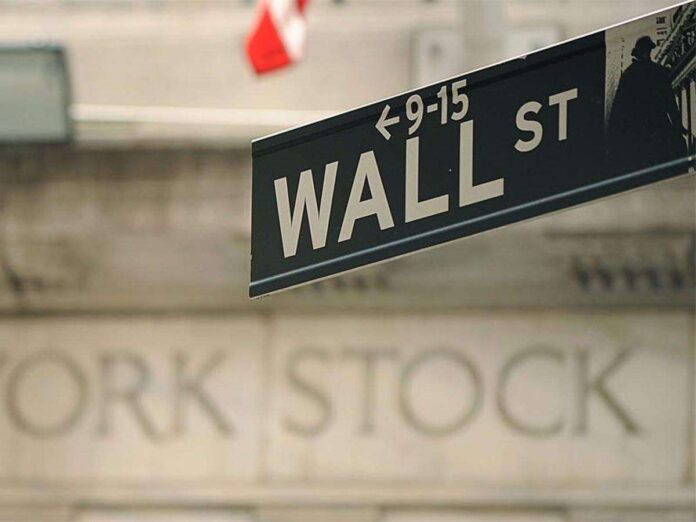U.S. stocks closed Friday on a subdued note, wrapping up the week with minor losses as investors absorbed President Donald Trump’s latest remarks on Chinese tariffs ahead of crucial trade talks in Switzerland.
All three major indexes posted modest declines for the week, as market participants awaited potential developments from weekend negotiations between American and Chinese officials, seen as a possible first move toward defusing a trade war that has raised fears of slower global growth and inflation.
Trump on Friday suggested that an 80% tariff on Chinese imports “seems right,” his first explicit proposal to replace the current 145% rate. He also reiterated that China should open its market to U.S. goods.
The S&P 500 fell 0.47% for the week, the Nasdaq Composite slipped 0.27%, and the Dow Jones Industrial Average declined by 0.16%. On the day, the Dow dropped 119.07 points, or 0.29%, to close at 41,249.38; the S&P 500 dipped 4.03 points, or 0.07%, to 5,659.91; while the Nasdaq added 0.78 points, ending nearly flat at 17,928.92.
Anticipation built as trade delegations from Washington and Beijing prepared to meet in Switzerland, with hopes the talks might help de-escalate a dispute that has already disrupted global supply chains. “China is the main focus,” said Russell Price, chief economist at Ameriprise in Troy, Michigan. “There’s potential either way—this could be introductory or lead to concrete progress.”
Despite many viewing the weekend dialogue as preliminary, Trump insisted on Thursday that substantive discussions are expected.
Since Trump’s announcement of sweeping tariffs on April 2, market volatility has intensified. Still, equities have rebounded to levels close to pre-tariff announcements, buoyed by strong corporate earnings. Roughly 76% of the 450 S&P 500 companies that reported by Friday morning beat Wall Street expectations, although many firms have withheld or revised forecasts due to trade uncertainty.
On Thursday, stocks rose after the U.S. finalized a trade agreement with Britain—the first since Trump declared a 90-day pause on tariff enforcement. However, a 10% baseline tariff on British goods entering the U.S. remains intact. Meanwhile, India has reportedly offered to reduce its tariff gap with the U.S. to under 4% from nearly 13% in exchange for exemption from the tariffs, sources told Reuters.
Among sectors, energy stocks (.SPNY) gained 1.1%, tracking oil price optimism ahead of the U.S.-China talks. Healthcare (.SPXHC) lagged, falling 1.1% to become the worst-performing sector of the day.
Federal Reserve officials echoed Chair Jerome Powell’s recent warning about growing economic risks from the tariff standoff, days after the central bank left interest rates unchanged.
Expedia (EXPE.O) tumbled 7.3% after falling short of quarterly revenue expectations.
On the NYSE, advancing stocks outpaced decliners by a 1.35-to-1 ratio. On the Nasdaq, decliners led by a 1.06-to-1 margin. The S&P 500 registered six new 52-week highs and three new lows, while the Nasdaq recorded 53 new highs and 97 new lows.
Trading volume totaled 16.03 billion shares on U.S. exchanges, slightly below the 20-day average of 16.47 billion.




